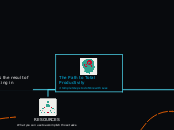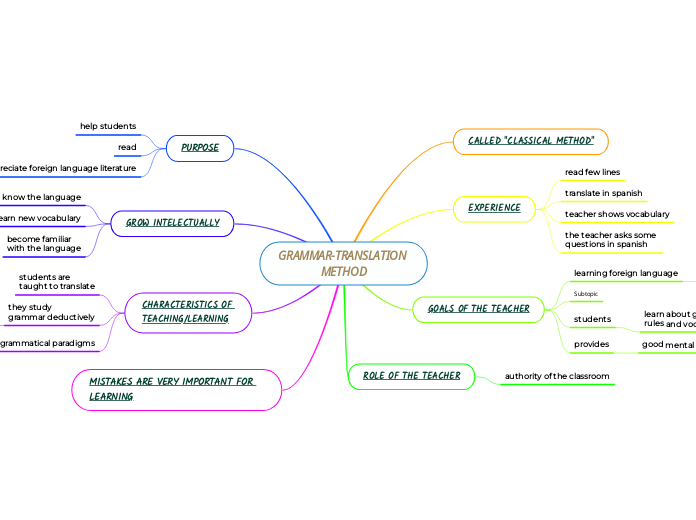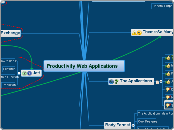Functional theories of translation
Translotarial action
main focus
process of translation as message-transmitter compounds
key players
the TT receiver
the TT user
the TT producer
the ST producer
the commissioner
the initiator
process of translation
Translatorial action views translation as purpose-driven, outcome-oriented human interaction
Text type
The text type of approach
the main three critical comments
text may also have several functions in the source culture
whether text types can really be differentiated
the issues of her approach
There are also question marks as to how Reiss’s proposed translation methods are to be applied in the case of a specific text
why there should only be three types of language function
the advantage (breakthrough) of Reiss’s approach
it moves translation theory beyond a consideration of lower linguistic levels, the mere words on the page, beyond even the effect they create, towards a consideration of the communicative purpose of translation
Mary Shell-Hornbys "Integrated approach"
‘stratificational model’ proceeding from the most general to the most particular
Characterictists ot text type
audiomedial
operative
elicit desired response
appellative-focused
dialogic
making an
appeal to text receiver
expressive
transmit aesthetic form
form-focused
aesthetic
expressing
sender’s attitude
informative
transmit referential
content
content-focused
lg(language dimention)
representing objects and facts









